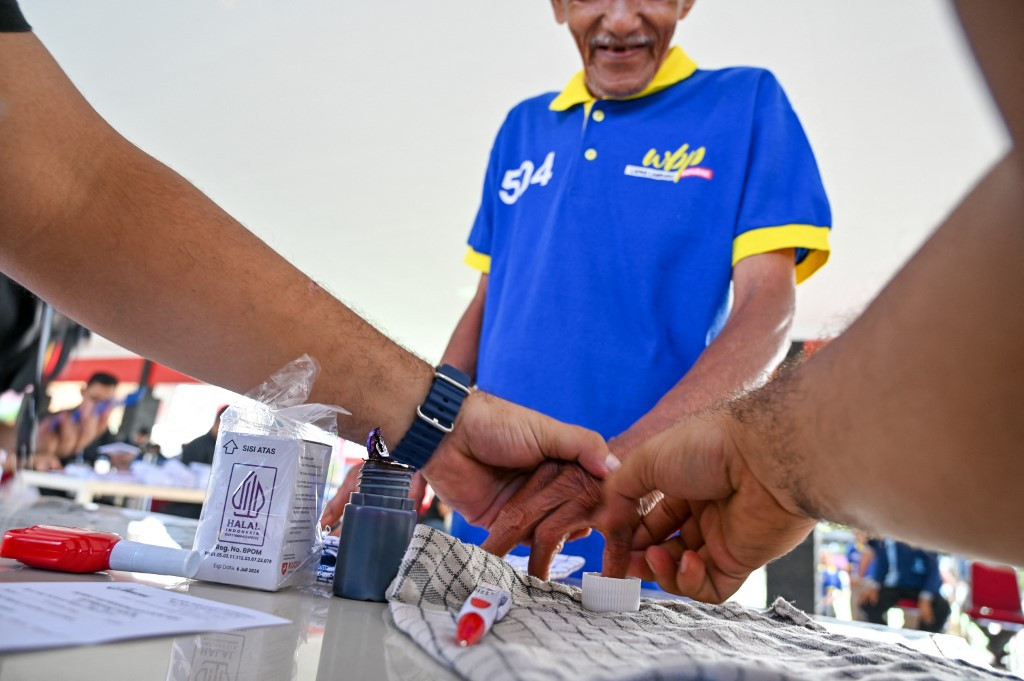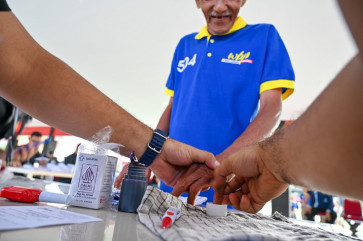Popular Reads
Top Results
Can't find what you're looking for?
View all search resultsPopular Reads
Top Results
Can't find what you're looking for?
View all search resultsToo early to call presidential threshold removal a victory for democracy
Indonesia still needs protection against oligarchic capture while promoting fair competition, allowing a variety of candidates to compete equally.
Change text size
Gift Premium Articles
to Anyone
A
farmer in a small village discovered a horse wandering near his fields. His neighbors expressed their congratulations, remarking, “You are quite fortunate!” The farmer responded, “Perhaps.”
The horse subsequently threw the farmer's son, resulting in an injury. The neighbors remarked, “What bad luck you have!” The farmer responded, “Perhaps.”
The narrative reveals unexpected twists, illustrating the unpredictability of circumstances. This parable reminds us to approach changes cautiously, a lesson that resonates with Indonesia’s contemporary political developments.
The Constitutional Court's ruling to eliminate the presidential threshold has been dubbed a significant advancement for Indonesian democracy. It removes the need for a political party or coalition of parties to secure 20 percent of House of Representatives seats or 25 percent of the popular vote to nominate a presidential candidate, promoting a more inclusive and competitive political landscape.
More than 30 attempts to invalidate the threshold since its inception in 2004 had failed. However, before declaring this historic ruling a victory for democracy, following the flawed 2024 elections, it is wise to evaluate the broader implications critically.
The presidential threshold was established originally to simplify the electoral process and mitigate political fragmentation. Over time, it evolved into a system that favored larger political parties, marginalizing smaller parties and independent candidates. The 2017 General Elections Law illustrates this trend through its stringent requirements. The threshold reduced the pool of candidates, restricting voter options and reinforcing the dominance of established political elites.
According to Lawrence Friedman, the effectiveness of a legal system relies on three key components: Structure, culture and substance. Eliminating the nomination threshold tackles just one aspect of Indonesia's democratic issues. Structural challenges, including political oligarchs, insufficient internal democracy in parties and corruption persistently weaken the political system.


















